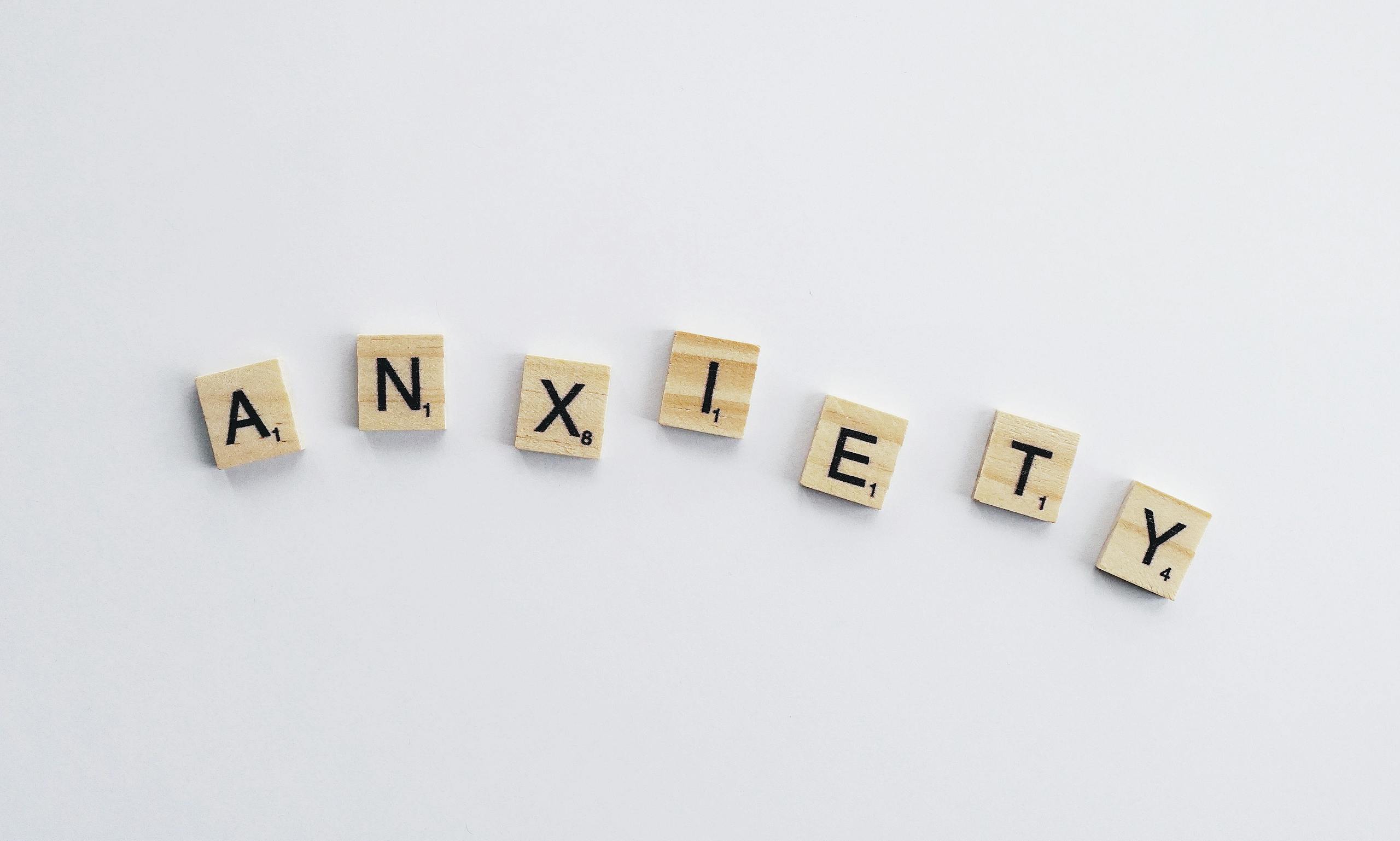Creating a Mental Health Plan: How Digital Nomads Can Manage Anxiety While Traveling
The digital nomad lifestyle offers unparalleled freedom—working from anywhere while exploring new cultures and destinations. But behind the Instagram-worthy moments lies a reality many don’t discuss: the mental health challenges that come with constant movement and change.
While waking up to different views and immersing yourself in new cultures is exhilarating, the lack of stability, shifting routines, and distance from support networks can take a toll on your emotional wellbeing. That’s where a personalized Mental Health Plan becomes essential—not just helpful, but necessary for thriving in this mobile lifestyle.
Why Digital Nomads Need a Mental Health Strategy
The very aspects that make nomadic life appealing—freedom, spontaneity, and adventure—can simultaneously create unique mental health challenges:
- Isolation becomes real when you’re constantly meeting people but rarely forming deep connections
- Uncertainty follows you when plans change unexpectedly, accommodations fall through, or language barriers create complications
- Routine disruption happens naturally when your environment changes weekly or monthly
Without intentional strategies to address these challenges, many nomads find excitement gradually replaced by anxiety, overwhelm, or burnout.
The Power of Flexible Routine
While “routine” might sound contradictory to nomadic freedom, establishing consistent anchors throughout your day creates stability even when everything else changes. Rather than rigid hour-by-hour schedules, think of gentle rituals that ground you:
- A morning meditation before opening your laptop
- A midday walk to separate work from personal time
- An evening journaling practice to process experiences
These small consistencies signal safety to your nervous system, creating a portable sense of “home” wherever you go.
Building Your Personalized Mental Health Plan
1. Identify Your Unique Anxiety Triggers
Start by recognizing what specifically unsettles you during travel. Is it:
- The day before moving to a new location?
- Working in noisy, unpredictable environments?
- Feeling disconnected from loved ones back home?
Keep a simple travel journal noting when you feel anxious or overwhelmed. Look for patterns—they’ll reveal your personal triggers and help you develop targeted responses.
2. Design a Non-Negotiable Self-Care Practice
When everything else changes, your self-care shouldn’t. Create a foundation of practices that support your mental wellbeing:
- Mindfulness moments: Apps like Headspace and Calm offer short meditations specifically designed for travelers dealing with uncertainty or unfamiliar surroundings.
- Movement that travels with you: Whether it’s yoga on your apartment floor, bodyweight exercises in a park, or walking explorations of new neighborhoods—physical activity regulates your nervous system and boosts mood naturally.
- Nourishing food choices: While sampling local cuisine is part of the experience, notice how different foods affect your mental state. Many nomads find that maintaining some consistency in their diet helps stabilize mood and energy levels.
3. Create Clear Work-Life Boundaries
When your laptop opens anywhere, work can easily consume every beautiful vista and cultural experience. Combat “always-on” mode by:
- Designating specific work hours appropriate to your location
- Creating physical separation between work and leisure spaces, even in small accommodations
- Establishing end-of-work rituals that signal to your brain that professional time has ended
Remember that the freedom to work anywhere also includes the freedom to stop working.
4. Prioritize Sleep Despite Changing Time Zones
Sleep disruption dramatically increases anxiety vulnerability, yet travel constantly challenges healthy sleep patterns. Protect your rest by:
- Maintaining consistent sleep and wake times when possible
- Creating a portable sleep kit (eye mask, earplugs, favorite tea, white noise app)
- Limiting screen exposure before bed, especially when jet lag already disrupts your circadian rhythm
Good sleep isn’t a luxury—it’s essential mental health infrastructure for the traveling lifestyle.
5. Nurture Your Support Network
Independence doesn’t mean isolation. Combat loneliness by intentionally maintaining connections:
- Schedule regular video calls with friends and family who ground you
- Join digital nomad communities through platforms like Nomad List where others understand your unique challenges
- Consider co-living spaces or group experiences periodically to balance solo travel
Your support system provides perspective when travel challenges arise and celebrates your journeys with shared understanding.
6. Prepare for the Unexpected
Anxiety often stems from feeling unprepared for potential problems. Create peace of mind by:
- Maintaining an emergency fund specifically for unexpected situations
- Researching healthcare options before arriving in new destinations
- Having contingency plans for common travel disruptions
Knowing you’re prepared for complications helps you remain present instead of worrying about what might go wrong.
7. Connect with Professional Support
Sometimes, self-management isn’t enough. Online therapy platforms like BetterHelp and Talkspace make professional mental health support accessible anywhere with internet connection. Some therapists even specialize in working with location-independent clients, understanding the unique pressures of nomadic life.

Making Your Plan Sustainable
Creating a Mental Health Plan is just the beginning—maintaining it requires intention:
- Check in with yourself regularly: Schedule brief weekly self-assessments of your mental state and what adjustments might be needed
- Adapt your approach as you travel: Different locations will present unique challenges—what worked in Bali might need adjustment in Berlin
- Celebrate your resilience: Acknowledge the psychological skill involved in navigating constant change while maintaining your wellbeing
Embracing the Journey Within and Without
The digital nomad lifestyle offers extraordinary opportunities for external discovery—new cultures, landscapes, and experiences. With a thoughtful Mental Health Plan, it can also become a journey of internal growth and resilience.
By honoring your mental health needs alongside your wanderlust, you transform travel from a potentially depleting experience into a sustainable lifestyle that nourishes both your sense of adventure and your emotional wellbeing.
The most important souvenirs you’ll collect aren’t photos or mementos, but the self-awareness and coping skills that help you thrive anywhere in the world.













